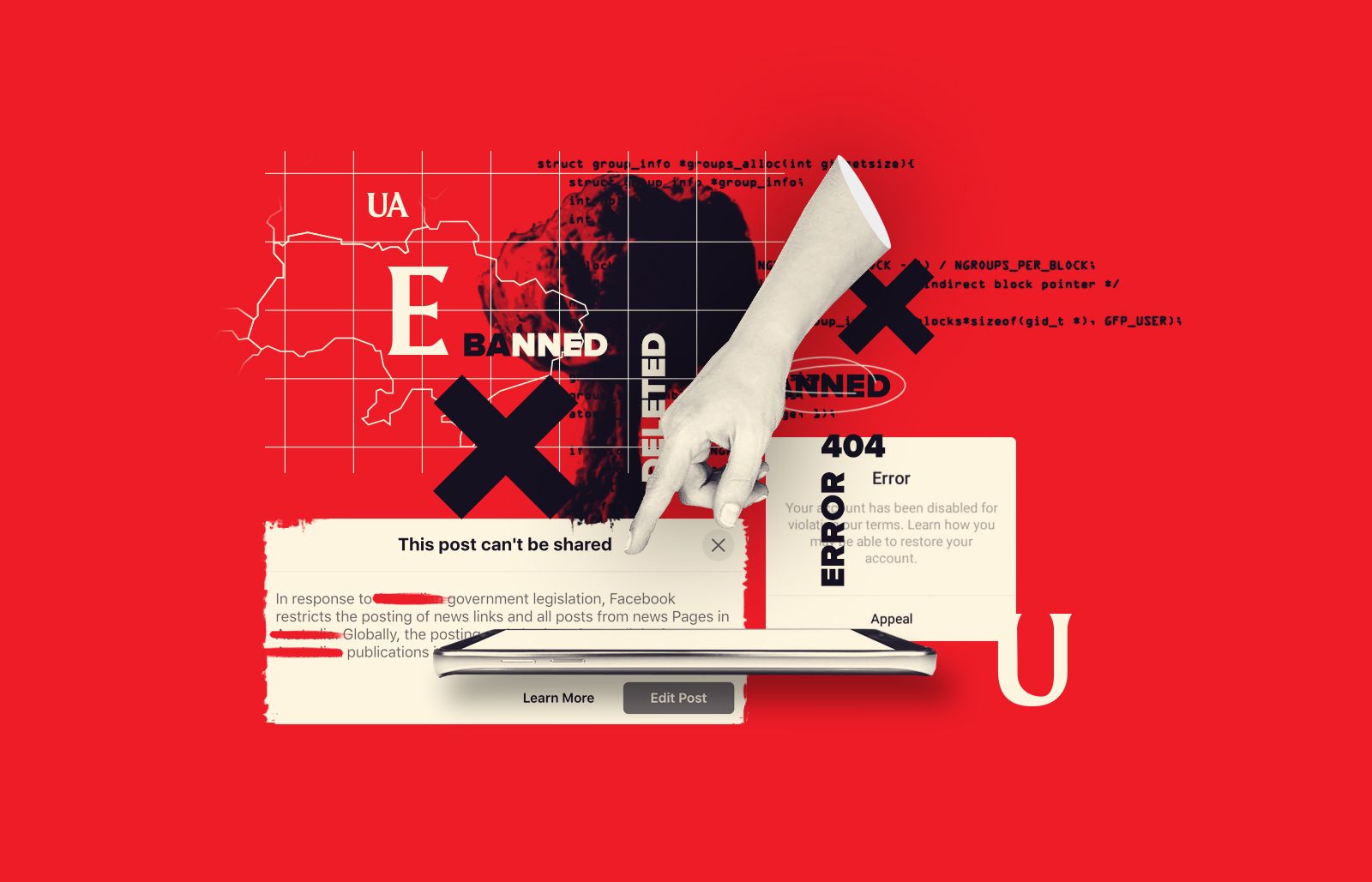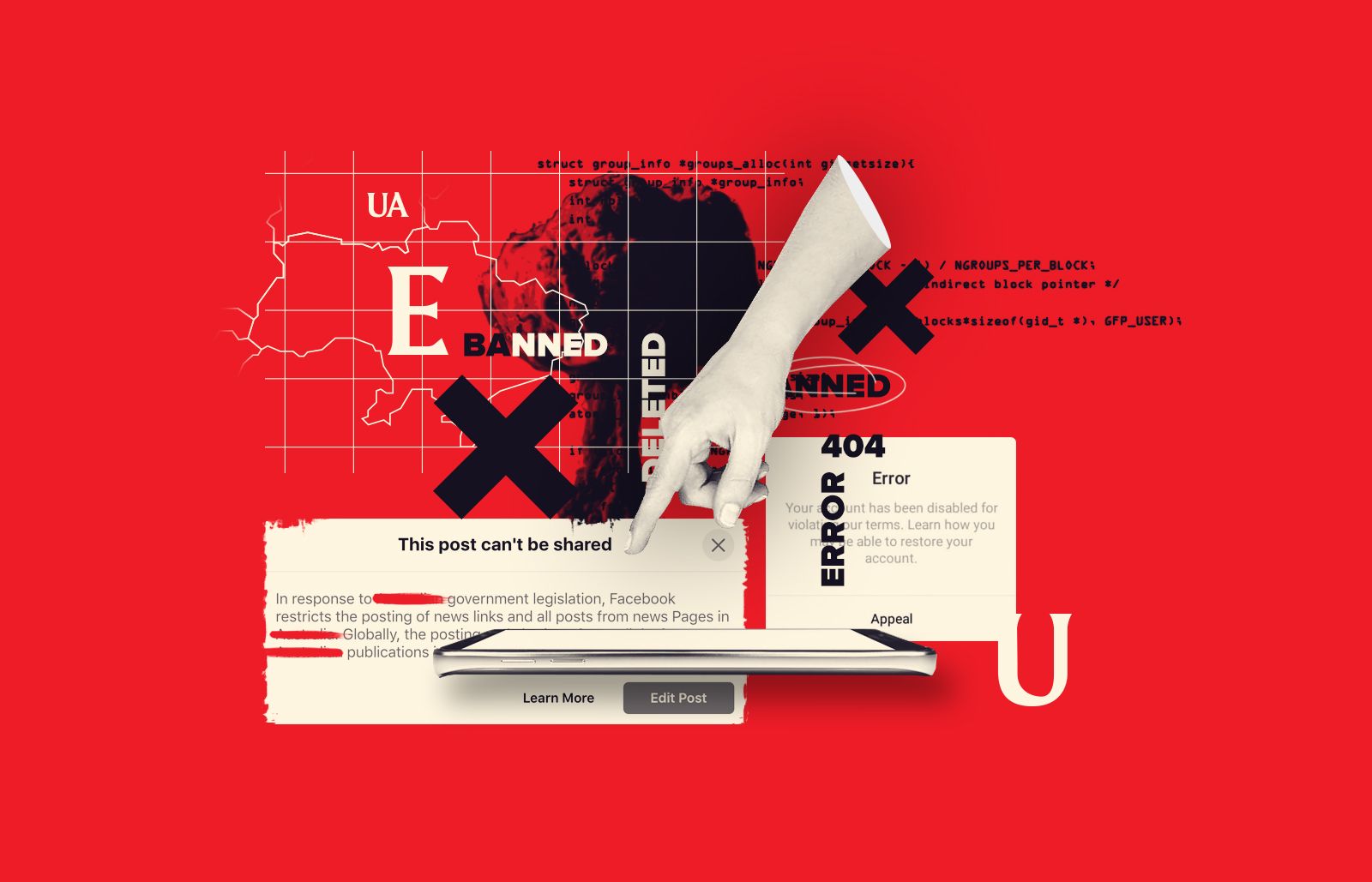The world’s top high-tech companies are forced to respond to Russian aggression. Their main objective is to curb Russian propaganda, but some measures might go beyond and raise questions about the future of social media. Analysis from Hype&Hyper.
Apple got the ball rolling shortly after the outbreak of the Russo-Ukrainian war. They stopped selling their products, suspended Apple Pay, and removed the Russian state-controlled RT News and Sputnik News from AppStore. Google has also removed these apps from its Play Store and has banned Russian media companies from advertising. Furthermore, the channels of these Russian companies are ranked lower in relevance on YouTube, making them and their content harder to find.
One of the most well-known home-sharing services, Airbnb, has completely shut down its operations in Russia and Belarus. Brian Chesky, CEO of the company, has also thought of Ukrainian refugees by providing them free housing. Many entertainment apps have also stopped selling their services and products in Russia, the most famous being Netflix and Snapchat.
Perhaps the most crucial question is how social media companies have responded. Facebook and Instagram, owned by Meta, have banned the Russian state media’s advertisements, just like Twitter. However, as of the 4th of March, Russian users cannot notice this since the Russian government has completely blocked Facebook and Instagram; they are inaccessible in Russia now.
Social media is a critical issue in the current situation because these platforms have become the primary information source for many people. Social media companies can decide independently of states which voices they amplify, and which voices they silence entirely. In a sense, they are above the governments, and there is an upward trend of increasing censorship on their platforms. For instance, Facebook and Twitter removed critical voices under pressure from the government when Indian public healthcare was heavily criticized. Or in 2020, Facebook censored posts critical of the Vietnamese government.

These companies are now fully engaged in combating fake news and propaganda. However, in recent years, social media algorithms have been fine-tuned to trap people in filter bubbles, where everyone hears back their own opinions. And this, deliberately or not, amplifies the spread of extreme or sometimes even utterly false information. Moreover, polarizing contents usually have outstanding popularity, which gives the tech giants even less incentive to filter them out from their platforms. If a country has no explicit regulations on social media companies, fake news is usually not moderated either. It has been repeatedly argued that giant corporations should not hold power to control the flow of information to the current extent. Nonetheless, since unregulated political content is often advantageous for political elites, people can hardly obtain the right tools against propaganda and fake news.
If we shift our focus to China, we can see that the Russo-Ukrainian war has not resulted in such intense reactions as in the West. According to Yale University, approximately 400 companies have suspended their activities or exited the Russian economy up to now, but most of these firms are American, European, Japanese, or South Korean. Since the outbreak of the war, Chinese companies have not taken any action, even at the level of communication. US President Joe Biden has warned Chinese President Xi Jinping of severe consequences if China assisted Russia during the conflict. Nonetheless, the heavily censored Chinese social media has recently become quite pro-Russian. In many cases, Chinese companies have not stopped but even increased their export to Russia. Furthermore, companies that have announced their withdrawal from the Russian market have become a public enemy in the online sphere, and as a result, some companies have revoked their withdrawal. However, some experts warn that this attitude might cost a lot for Chinese companies. Firms like Huawei may lose their global market share. Huawei’s reputation has already been damaged by rumors that they help Russia to fend off potential cyber-attacks. On the 9th of March, the two British board members of Huawei immediately resigned, and even Bayern Munich’s football star, Robert Lewandowski, cut ties with the telecommunication company.
China-based TikTok, one of the world’s largest video-sharing apps with 36 million Russian users, is an exception to the above. Since the war, no new Russian content has been allowed on the platform, and live streaming has also been banned. TikTok has claimed that this restrictive decision was taken to protect content creators because Russia prohibits by law the spread of false information regarding the war, and TikTok can guarantee the users’ safety only this way. Nonetheless, TikTok has still been criticized and questioned why it has not spoken out publicly against Russian aggression. The company is in a peculiar position because it is primarily the youngest generation’s platform; many content creators are also from this age group. Several videos were uploaded at the start of the Russians’ attacks showing young influencers sheltering in the subway, crying in front of broken windows, or filming tanks. The current conflict is the first where TikTok plays such an important role. Volodymyr Zelensky has noticed this and referred to TikTokkers as a powerful group that can help end the war.
Besides politics and ideology, Silicon Valley has one more compelling reason to support Ukraine. For many years, the country has given cheap but high-skilled labor to American companies. According to the local Ukrainian consulate, almost 20.000 people of Ukrainian descent live in San Francisco. The wife of the head of San Francisco-based JetBridge is Ukrainian, JustAnswer employs 252 Ukrainians, and Google, Oracle, Snap, and Grammarly also have many Ukrainian employees.
To sum up, it is impossible not to comment on such a large-scale conflict from a corporate perspective, and we can see that silence can send as powerful a message as the severest sanctions. Moreover, in case of further sanctions, more companies might decide to withdraw from the Russian market because they are no longer able to operate in Russia. Thereby permanently terminating their activities and not only temporarily suspending them, which has been the case many times so far.


This is what happens when a gastro blogger meets a ceramist—introducing the Aurōrae collection











